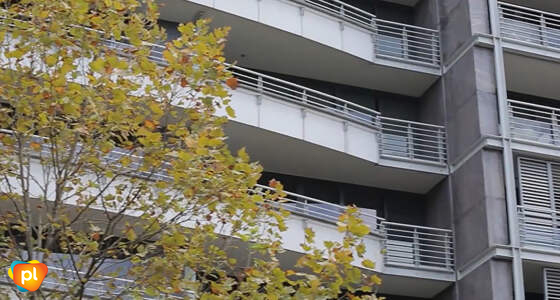
It was the best of times; it was the worst of times. Not exactly sure what old Charlie Dickens was banging on about (never read the book) but it can certainly sum up living in housing and AOD (that’s alcohol and other drugs, folks) for many of our peers living with HIV.
Having your recreational activities at home can be a lot of fun. Finding yourself evicted and even homeless, due to partying too hard? Not so much.
It’s exciting when we finally secure a housing property after a long time of being out in the cold. We can feel really relieved to have our own space and invite friends over to ‘warm’ the place up. In no time your lounge room is looking like the insides of a Miami crack house. Watch out Housing inspectors!
Being under the influence can sometimes affect our perception of noise levels. Why wouldn’t the neighbours appreciate a quality duet with Whitney Houston’s I Will Always Love You at 3 o’clock in the morning? Beats me!
Getting friends or family to leave once the party is over can also be a challenge. An important necessity to keep the peace with your neighbours. Some subtlety can work such as a discreet yawn and the comment that you have an early start in the morning. Some of us have tried turning the lights off and going to bed with more stubborn guests. Extreme tactics could be quietly alerting the police that you have some unwanted guests in your home who need some encouragement to leave.
Ensuring those guests are completely off the property complex is also your responsibility. The novelty soon wears off pretty smartly when your guests have kicked on to having a ‘stairwell’ party in your unit complex.
At times, we also have had our own experiences of living near an intoxicated neighbour who plays music at all hours. The revolving door of noisy guests and heated arguments can be heard through seemingly wafer thin walls.
A lot of us do enjoy the odd tipple or two of booze; some also enjoy the occasional sniffle of blow or the casual puff of crystal. No judgment here. It’s just when these become problematic. This can affect more than your health and relationships, it can also get in the way of maintaining a successful and harmonious tenancy.
If your use becomes a problem and you want to try something else, there’s plenty of help available for people living with HIV, along with plenty of peer based support groups. SMART Recovery Australia meetings focus on the addictive behaviour and not the substance itself. Your local Drug User agency in NSW, the NSW Users and AIDS Association (NUAA) or the Australian Injecting and Illicit Drug Users League (AIVL) can help out with contacts to peer support from others in your shoes.
Organisations such as Lives Lived Well and We Help Ourselves (WHOs) offer residential rehabilitation services, along with counselling and group therapy sessions. Some of the major hospitals have some great drug health and stimulant treatment services that are free, discreet and confidential as well. Opiate Treatment Programs operate in all major towns and cities in NSW. Contact can be made through each Local Health District’s AoD Intake Line.
Partying hard at home or out and about can certainly be both the best and the worst of times. If you’re living with HIV and your tenancy is at risk for any reason, get in touch with the Positive Life peer navigators (who live with HIV themselves) on (02) 8357 8386 or 1800 245 677 (freecall) or email contact@positivelife.org.au
One Comment
Comments are closed.







Excellent blog. Good to know that this type of support is available.